The field of specialized pet care is growing rapidly, driven by an increasing demand for advanced veterinary services. Pet owners are more committed than ever to ensuring the health and well-being of their animals, creating lucrative opportunities in veterinary dermatology, cardiology, orthopedics, and oncology. These high-paying healthcare jobs require extensive education and specialized skills, offering rewarding careers for those dedicated to animal health. This article explores the educational paths, required skills, and job market trends for these specialized roles, highlighting the benefits and satisfaction that come with a career in specialized pet care.
dominure.com will guide you through an in-depth exploration of this topic.
1. Why: Demand for Specialized Pet Care
The demand for specialized pet care has surged in recent years due to an increasing number of pet owners who regard their pets as family members. This shift in perception has led to higher expectations for the quality and scope of veterinary services. Advanced diagnostic tools and treatment options that were once exclusive to human medicine are now available for pets, allowing for better management of complex health issues. Additionally, the rising prevalence of chronic conditions in pets, such as heart disease, cancer, and orthopedic problems, necessitates specialized care from veterinary experts. As a result, there is a growing need for veterinary dermatologists, cardiologists, orthopedic surgeons, and oncologists who can provide targeted and effective treatments. This trend is further supported by advancements in veterinary technology and increased access to continuing education for veterinarians, ensuring that pets receive the highest standard of care. Overall, the evolving expectations and needs of pet owners drive the demand for specialized veterinary services, creating promising career opportunities in this field.
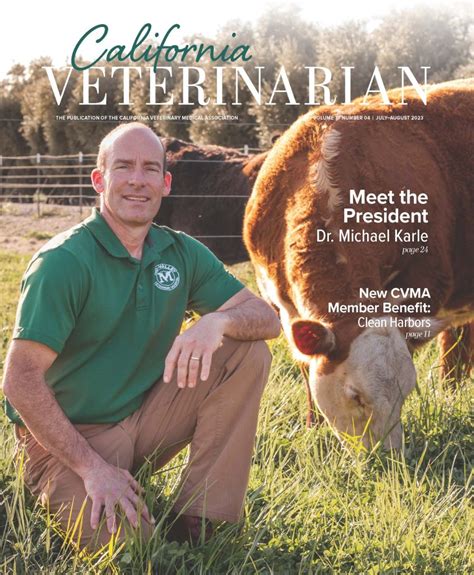
2. How: Educational Requirements
Becoming a specialist in veterinary dermatology, cardiology, orthopedics, or oncology requires extensive education and training beyond a Doctor of Veterinary Medicine (DVM) degree. After completing a DVM program, which typically takes four years, veterinarians must pursue additional residency training in their chosen specialty. This residency usually lasts three to four years and involves rigorous clinical practice, research, and coursework. During this period, veterinarians gain in-depth knowledge and hands-on experience in diagnosing and treating complex medical conditions within their specialty.
Moreover, obtaining board certification from a recognized veterinary specialty organization, such as the American College of Veterinary Dermatology or the American College of Veterinary Internal Medicine, is essential. This certification process includes passing comprehensive examinations that test the veterinarian’s expertise and competency in their specialty area. Continuous professional development through workshops, conferences, and research is also crucial to stay updated with the latest advancements and techniques in specialized pet care. This commitment to education ensures that veterinary specialists provide the highest quality care for pets with specific health needs.
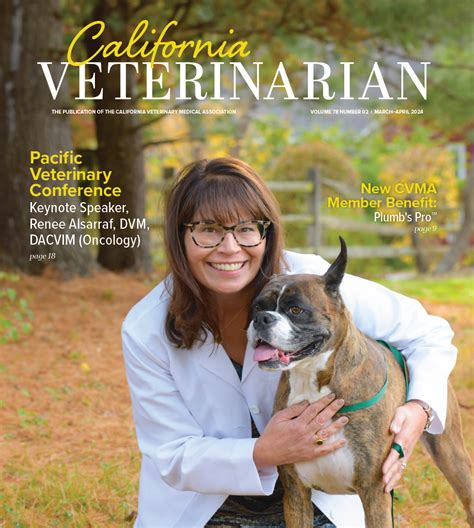
3. What: Veterinary Dermatologist
Veterinary dermatologists are specialists focused on diagnosing and treating skin, ear, and nail disorders in pets. These conditions can range from common issues like allergies and infections to more complex problems such as autoimmune diseases and cancers. Veterinary dermatologists use a variety of diagnostic tools, including skin scrapings, biopsies, and allergy testing, to identify the underlying causes of dermatological issues.
Treatment plans often involve a combination of medications, topical therapies, and dietary adjustments tailored to each pet’s specific needs. In addition to medical treatments, veterinary dermatologists may perform surgical procedures to remove tumors or correct structural abnormalities. Their expertise is crucial in managing chronic and recurrent conditions, significantly improving the quality of life for pets suffering from persistent skin problems.
Veterinary dermatologists often work closely with other veterinary specialists to provide comprehensive care, addressing the interconnected aspects of a pet’s health. Their role is essential in ensuring pets receive effective, targeted treatments for dermatological conditions, highlighting the importance of specialized knowledge and skills in this field.

4. What: Veterinary Cardiologist
Veterinary cardiologists are experts in diagnosing and treating heart and circulatory system disorders in animals. These specialists address conditions such as congenital heart defects, heart failure, hypertension, and arrhythmias. Utilizing advanced diagnostic techniques like echocardiograms, electrocardiograms, and cardiac catheterization, veterinary cardiologists can accurately assess the heart’s function and structure.
Treatment approaches vary depending on the specific condition but often include medication, dietary modifications, and lifestyle changes to manage symptoms and improve the pet’s quality of life. In some cases, surgical interventions, such as pacemaker implantation or corrective surgeries for congenital defects, may be necessary. Veterinary cardiologists work closely with primary care veterinarians and other specialists to develop comprehensive treatment plans that address the multifaceted nature of heart disease.
Continuous monitoring and follow-up care are vital components of managing cardiac conditions, ensuring that treatments remain effective and any changes in the pet’s health are promptly addressed. The expertise of veterinary cardiologists is indispensable in extending the lives of pets with heart conditions, providing them with a better quality of life through precise and compassionate care. Their specialized knowledge and skills are critical in tackling the complex challenges associated with veterinary cardiology.
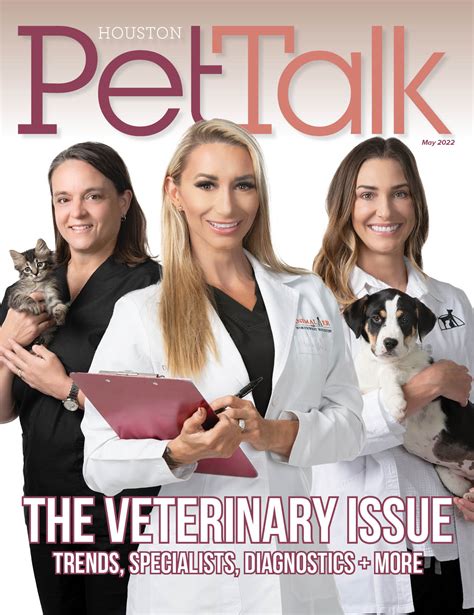
5. What: Veterinary Orthopedic Surgeon
Veterinary orthopedic surgeons specialize in diagnosing and treating musculoskeletal issues in animals, focusing on bones, joints, ligaments, and tendons. These specialists handle a variety of conditions, including fractures, torn ligaments, hip dysplasia, and arthritis. Using advanced imaging techniques such as X-rays, CT scans, and MRI, veterinary orthopedic surgeons can accurately diagnose the extent and nature of orthopedic problems.
Treatment often involves surgical interventions, ranging from routine procedures like fracture repairs to complex surgeries such as joint replacements and ligament reconstructions. Veterinary orthopedic surgeons also utilize minimally invasive techniques, such as arthroscopy, to reduce recovery times and improve outcomes for their patients. Post-surgical care and rehabilitation, including physical therapy and pain management, are integral to ensuring successful recovery and restoring mobility.
Collaboration with other veterinary specialists, such as neurologists and physiotherapists, helps provide comprehensive care tailored to each animal’s specific needs. Veterinary orthopedic surgeons play a crucial role in enhancing the quality of life for pets suffering from orthopedic issues, enabling them to regain function and enjoy an active, pain-free life. Their specialized expertise and advanced surgical skills are vital in addressing the complex challenges o
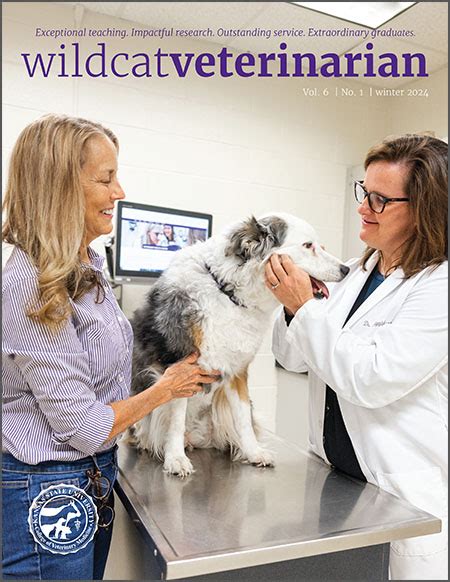
6. What: Veterinary Oncologist
Veterinary oncologists are specialists dedicated to diagnosing and treating cancer in animals. They handle a wide range of cancers, including lymphomas, mast cell tumors, osteosarcomas, and hemangiosarcomas. These specialists use advanced diagnostic tools, such as biopsy, ultrasound, CT scans, and MRI, to accurately determine the type and stage of cancer, which is crucial for developing effective treatment plans.
Treatment options provided by veterinary oncologists often include chemotherapy, radiation therapy, surgery, and immunotherapy. Each treatment plan is tailored to the individual needs of the pet, considering factors such as the type of cancer, its location, and the overall health of the animal. Veterinary oncologists also focus on palliative care, aiming to maintain the pet’s quality of life by managing pain and other symptoms associated with cancer and its treatment.
Continuous monitoring and follow-up care are essential to track the pet’s response to treatment and make necessary adjustments. Veterinary oncologists work in close collaboration with primary care veterinarians and other specialists to ensure a holistic approach to cancer care. Their role extends beyond medical treatment, providing emotional support to pet owners and helping them navigate the complexities of cancer diagnosis and therapy.
The expertise and compassionate care provided by veterinary oncologists are vital in extending the lives of pets with cancer and improving their quality of life, making a significant impact in the field of specialized pet care.

7. How: Skills and Experience
To excel in specialized pet care, veterinary professionals must possess a unique blend of skills and experience tailored to their area of expertise. For veterinary dermatologists, skills in dermatological diagnostics and the ability to handle complex skin conditions are crucial. Experience in interpreting diagnostic tests, such as skin biopsies and allergy panels, is essential for providing effective treatments.
Veterinary cardiologists need advanced skills in cardiology, including proficiency in echocardiography and electrocardiography. Experience in managing complex heart conditions and performing cardiac procedures, such as pacemaker implantation, is necessary for success in this field.
Orthopedic surgeons require expertise in orthopedic techniques and a thorough understanding of musculoskeletal anatomy. Skills in performing intricate surgeries, such as joint replacements and fracture repairs, along with experience in post-surgical rehabilitation, are vital for optimal patient outcomes.
Veterinary oncologists must have a deep understanding of cancer biology and oncology. Skills in administering chemotherapy, interpreting imaging results, and providing palliative care are essential. Experience in managing a variety of cancer cases and working with multidiscipl

8. Why: Job Market Trends
The job market for veterinary specialists is experiencing significant growth, driven by increasing pet ownership and heightened awareness of advanced pet care. As more pet owners seek specialized treatments for their animals, the demand for veterinary dermatologists, cardiologists, orthopedic surgeons, and oncologists continues to rise. This trend is further fueled by advancements in veterinary medicine, which enable more effective diagnosis and treatment of complex conditions.
The growing complexity of pet health issues and the expansion of veterinary technologies also contribute to this trend, creating a need for highly skilled professionals. Additionally, the focus on preventative care and early diagnosis is increasing, leading to more opportunities for specialists in various fields.
As veterinary medicine evolves and the pet care industry expands, job opportunities in these specialized areas are expected to remain robust. This dema
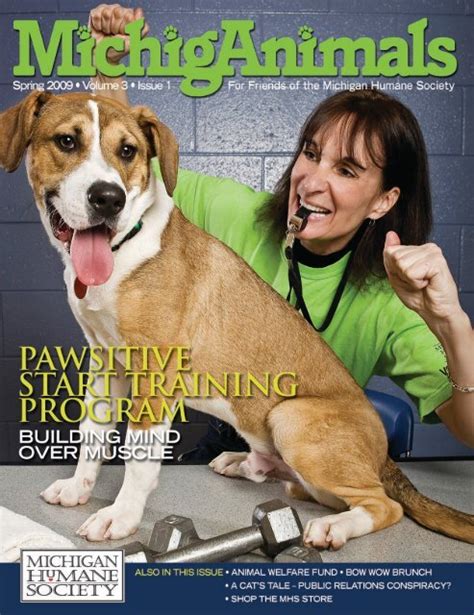
9. How: Career Advancement
Career advancement in specialized pet care involves continuous education, skill development, and professional networking. For veterinary dermatologists, cardiologists, orthopedic surgeons, and oncologists, staying updated with the latest research and technological advancements is crucial. This often involves attending specialized conferences, participating in workshops, and engaging in ongoing training to refine skills and knowledge.
Board certification in a specific specialty is a significant milestone and can enhance career prospects, opening doors to advanced clinical roles, academic positions, or leadership roles within veterinary practices. Specializing in emerging areas of research or technology, such as regenerative medicine or advanced imaging techniques, can also provide opportunities for career growth.
Networking with peers and collaborating on research projects can further enhance professional development and visibility in the field. Publishing research findings and contributing to academic journals can establish a reputation as a leader in the specialty.
Additionally, pursuing roles in teaching or mentoring can offer career progression opportunities, allowing experienced specialists to share their expertise and shape the next generation of veterinary professionals. Overall, a commitment to lifelong learning and professional engagement is key to advancing in specialized pet care careers.
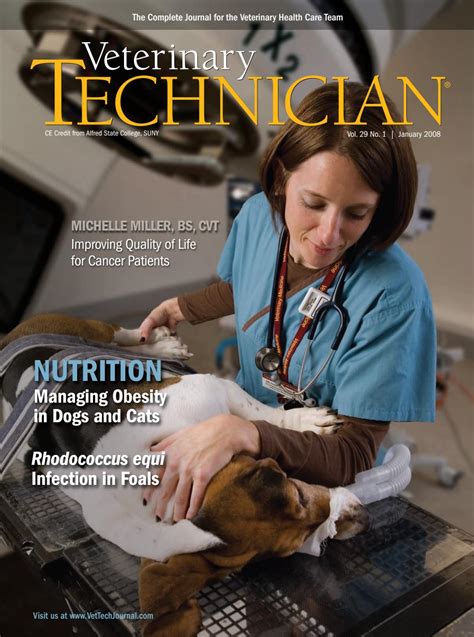
10. What: Job Satisfaction and Benefits
Job satisfaction in specialized pet care often stems from the profound impact veterinarians have on pets’ lives and the fulfillment derived from addressing complex medical challenges. Working as a veterinary dermatologist, cardiologist, orthopedic surgeon, or oncologist offers the opportunity to make significant differences in pets’ health and well-being, leading to high levels of job satisfaction.
Specialists benefit from the intellectual stimulation and variety that come with diagnosing and treating intricate conditions. The role also provides a sense of accomplishment from successfully managing complex cases and improving the quality of life for animals.
Moreover, specialized roles typically offer competitive salaries, reflecting the advanced skills and expertise required. The chance to work with cutting-edge technology and contribute to advancements in veterinary medicine adds to the appeal. Additionally, many specialists enjoy the flexibility of working in diverse settings, such as private practices, academic institutions, or research facilities. The combination of meaningful work, professional growth, and financial rewards makes these career
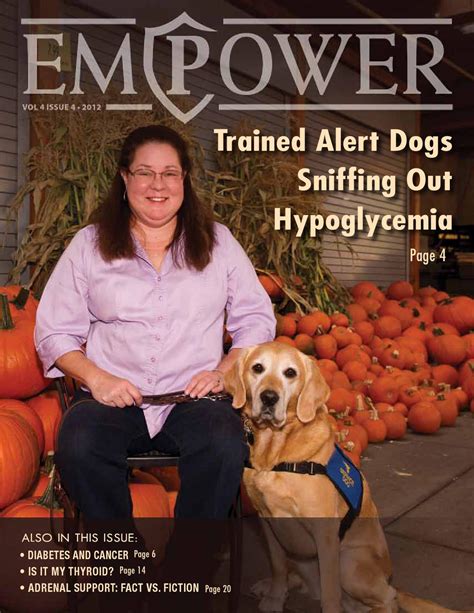
Specialized pet care offers rewarding and lucrative career opportunities across fields such as dermatology, cardiology, orthopedics, and oncology. With growing demand for advanced veterinary services and the need for skilled professionals, these roles provide both professional fulfillment and competitive salaries. By pursuing advanced education and training, veterinary specialists can make significant contributions to animal health while enjoying a dynamic and impactful career. The field continues to evolve, offering promising prospects for dedicat
dominure.com

